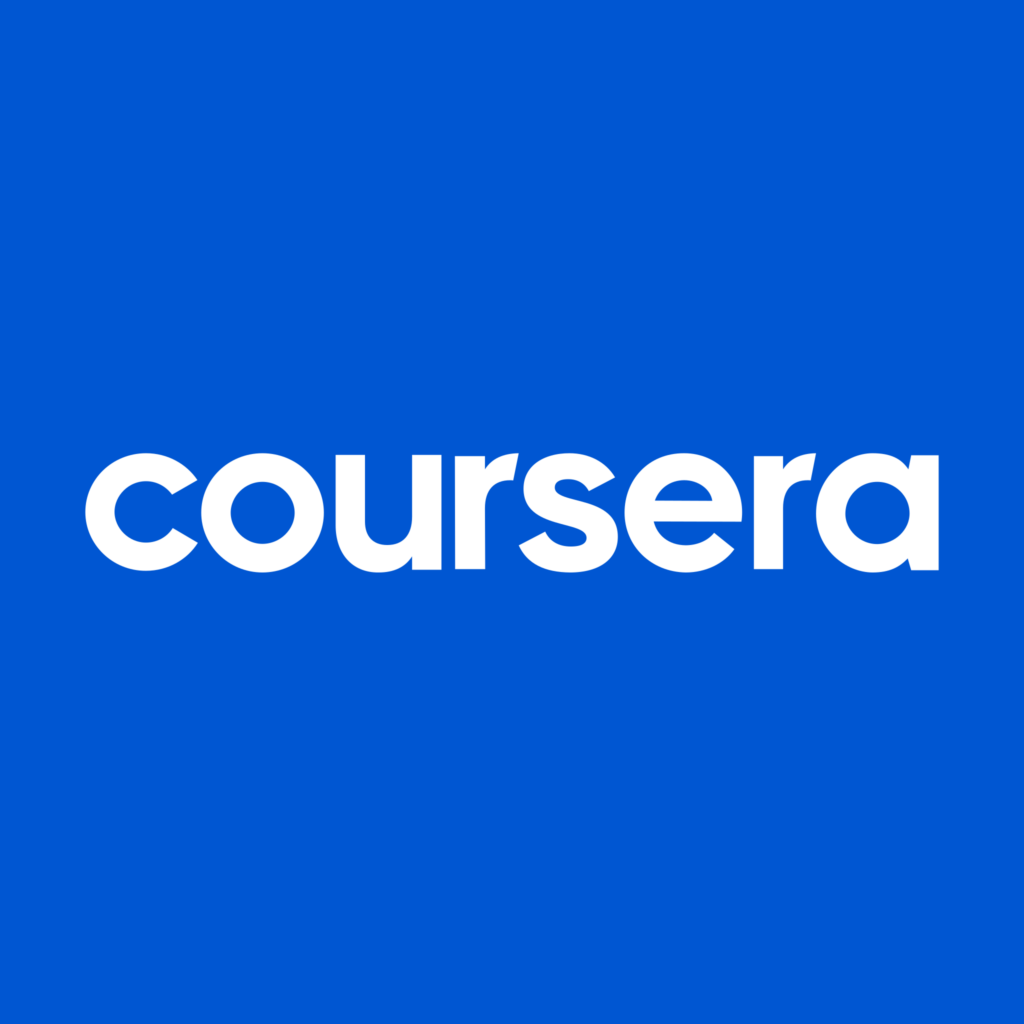
Coursera
Offers a wide range of courses from top universities and organizations. Known for its professional certificates and degree programs.
Reputable Institutions
Courses are offered by well-known universities and organizations, enhancing credibility, e.g., Stanford, Yale, Google.
Table of Contents
Brief overview of Coursera and its significance in online learning.
Coursera Review 2025: Coursera has emerged as a leading platform in the realm of online education, offering a diverse array of courses from top universities and institutions worldwide. Founded in 2012, Coursera has transformed the way learners access knowledge, making high-quality education more accessible than ever before. With its extensive catalog of courses, specializations, and degree programs, Coursera caters to a wide range of learners, from professionals seeking to upskill to students pursuing academic credentials.

The significance of Coursera in online learning cannot be overstated. It not only democratizes education by providing free and paid courses but also partners with renowned institutions like Stanford, Yale, and Google to deliver content that is both relevant and rigorous. This collaboration ensures that learners receive a high standard of education that is recognized globally. Additionally, Coursera’s user-friendly interface and flexible learning options allow individuals to learn at their own pace, making it an ideal choice for those balancing work, study, and personal commitments.
In summary, Coursera stands out as a pivotal player in the online learning landscape, offering valuable resources that empower learners to achieve their educational and professional goals.

Importance of reviewing online courses for potential learners.
Reviewing online courses is crucial for potential learners for several reasons:
1. Informed Decision-Making: Reviews provide insights into the course content, structure, and teaching style, helping learners determine if the course aligns with their learning goals and preferences.
2. Quality Assurance: Feedback from previous students can highlight the quality of the course material and the effectiveness of the instructor, allowing learners to choose courses that meet high standards.
3. Time and Financial Investment: Online courses often require a significant investment of time and money. Reviews can help learners assess whether a course is worth the commitment.

4. Understanding Outcomes: Reviews often include information about the outcomes experienced by past students, such as skill acquisition, job placement, or personal development, which can be a strong indicator of the course’s effectiveness.
5. Community and Support: Insights from reviews can reveal the level of community engagement and support available within the course, which can enhance the learning experience.
6. Identifying Potential Issues: Reviews can also point out any potential drawbacks or challenges associated with the course, allowing learners to prepare accordingly.
In summary, reviewing online courses empowers potential learners to make educated choices, ensuring they select programs that best fit their needs and aspirations.
What is Coursera?
Coursera is an online learning platform that offers a wide range of courses, specializations, and degree programs from top universities and institutions around the world. Founded in 2012, Coursera aims to make high-quality education accessible to learners globally, allowing individuals to acquire new skills, advance their careers, or explore personal interests.
Key Features of Coursera:
1. Diverse Course Offerings: Coursera provides courses across various fields, including technology, business, data science, arts, humanities, health, and more.
2. Partnerships with Leading Institutions: The platform collaborates with renowned universities and organizations, such as Stanford, Yale, Google, and IBM, to deliver high-quality content.
3. Flexible Learning: Many courses are self-paced, allowing learners to study at their convenience. This flexibility is particularly beneficial for working professionals and busy students.
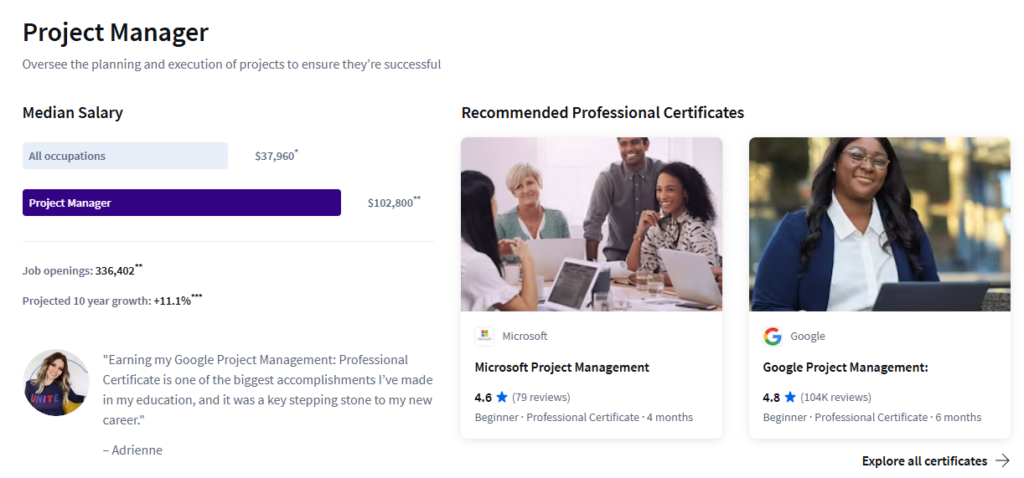
4. Certificates and Degrees: Upon completion of courses, learners can earn certificates that can be shared on resumes or LinkedIn profiles. Coursera also offers fully online degree programs in partnership with accredited universities.
5. Interactive Learning Experience: Courses often include video lectures, quizzes, peer-reviewed assignments, and discussion forums, fostering an engaging learning environment.
6. Mobile Accessibility: Coursera has a mobile app that allows users to access course materials and learn on the go, making it easier to fit education into busy schedules.
7. Community and Networking: Learners can connect with peers and instructors, providing opportunities for collaboration and networking within their fields of interest.
Overall, Coursera serves as a valuable resource for anyone looking to enhance their knowledge and skills through accessible, high-quality online education.
Types of Courses Offered
1. Technology: Courses in programming, data science, cybersecurity, artificial intelligence, web development, and software engineering.
2. Business: Courses covering topics such as management, marketing, finance, entrepreneurship, and business analytics.
3. Arts: Courses in visual arts, music, theater, creative writing, and design.
4. Health and Wellness: Courses related to nutrition, fitness, mental health, and healthcare management.
5. Science: Courses in biology, chemistry, physics, environmental science, and mathematics.
6. Humanities: Courses in history, philosophy, literature, and cultural studies.
7. Social Sciences: Courses in psychology, sociology, political science, and economics.
8. Languages: Courses for learning new languages, including grammar, conversation, and cultural context.
If you have a specific area of interest, I can provide more detailed information or recommendations!

Course Structure and Format
1. Course Modules: Courses are divided into modules or weeks, each focusing on specific topics. This modular approach helps learners progress systematically.
2. Video Lectures: Each module usually includes video lectures presented by instructors. These videos can vary in length and often include visual aids to enhance understanding.
3. Readings and Resources: Supplementary readings, articles, and resources are provided to deepen understanding of the subject matter.
4. Quizzes and Assessments: To reinforce learning, courses often include quizzes and assessments at the end of each module. These can be multiple-choice questions, short answers, or peer-reviewed assignments.
5. Discussion Forums: Many courses feature discussion forums where learners can interact with peers and instructors, ask questions, and share insights.
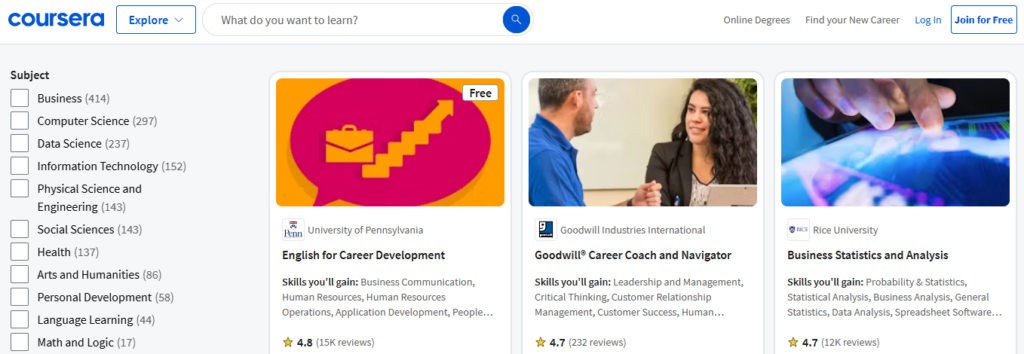
6. Hands-on Projects: Some courses include practical projects that allow learners to apply what they’ve learned in real-world scenarios.
7. Certificates: Upon successful completion of a course, learners may receive a certificate, which can be shared on professional networks like LinkedIn.
8. Flexible Learning: Coursera courses are designed to be self-paced, allowing learners to progress according to their schedules.
This structure aims to provide a comprehensive and engaging learning experience, catering to various learning styles and preferences. If you have any specific questions about a course or need further details, feel free to ask!
Quality of Course Content – Evaluation of course materials and resources.
The quality of course content on Coursera is generally considered to be high, and several factors contribute to this assessment:
1. Partnerships with Renowned Institutions: Coursera collaborates with prestigious universities and organizations, such as Stanford, Yale, Google, and IBM. This partnership ensures that the courses are developed and taught by experienced faculty and industry professionals.
2. Expert Instructors: Courses are often led by subject matter experts who have extensive knowledge and experience in their fields. This expertise enhances the credibility and depth of the content.
3. Comprehensive Curriculum: Many courses are designed to provide a thorough understanding of the subject matter, often including foundational concepts as well as advanced topics. This comprehensive approach caters to learners at different levels.
4. Engaging Learning Materials: Courses typically include a variety of learning materials, such as video lectures, readings, quizzes, and hands-on projects. This diverse format helps to engage learners and accommodate different learning styles.
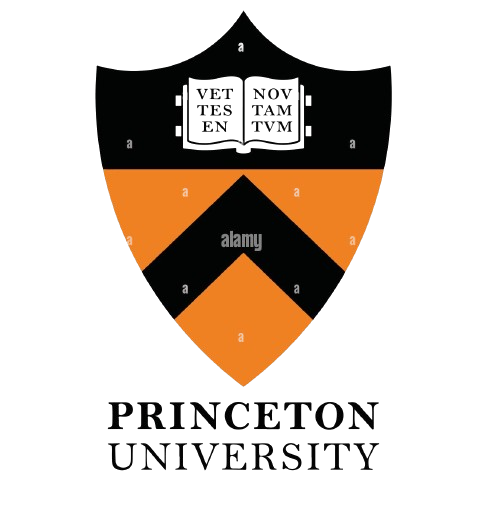

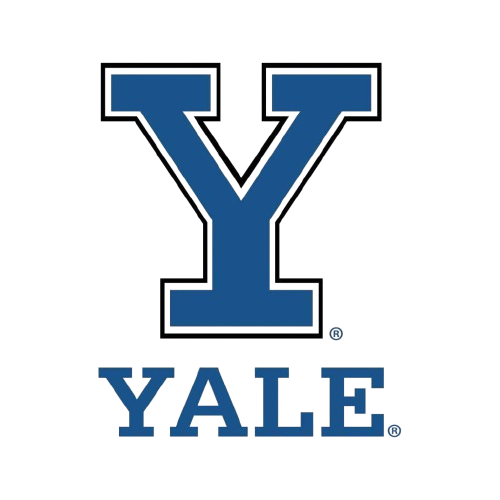
5. Regular Updates: Many courses are regularly updated to reflect the latest developments in the field, ensuring that the content remains relevant and current.
6. Peer Reviews and Feedback: Some courses incorporate peer-reviewed assignments, allowing learners to receive feedback from their peers, which can enhance the learning experience.
7. User Ratings and Reviews: Coursera allows learners to rate and review courses, providing insights into the quality of the content and the overall learning experience. This feedback can help prospective learners make informed decisions.
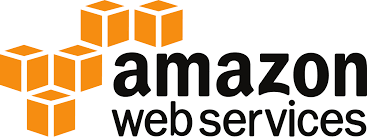

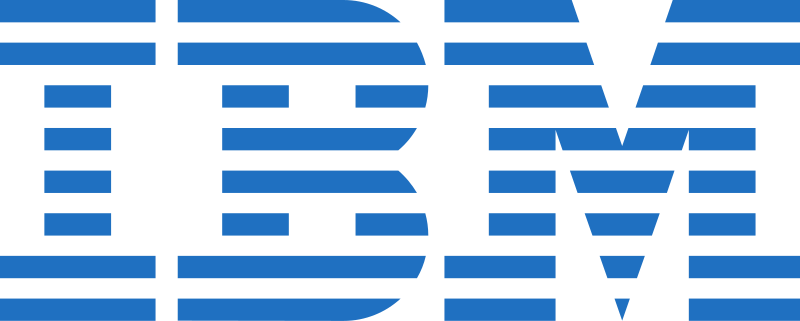
While the quality of course content is generally high, it can vary by course and instructor. It’s advisable for learners to read reviews and check the course syllabus before enrolling to ensure it meets their expectations and learning goals. If you have specific courses in mind or need further information, feel free to ask!
User Experience and Interface – Overview of the platform’s usability.
The user experience (UX) and interface of Coursera are designed to be intuitive and user-friendly, facilitating a smooth learning journey. Here are some key aspects of the user experience and interface:
1. Clean and Organized Layout: The platform features a clean, organized layout that makes it easy for users to navigate through courses, modules, and resources. The design is visually appealing, with a focus on readability and accessibility.
2. Course Dashboard: Upon enrolling in a course, users have access to a personalized dashboard that displays their progress, upcoming deadlines, and recommended resources. This dashboard helps learners stay organized and motivated.
3. Easy Navigation: The interface allows for straightforward navigation between different sections of a course, including video lectures, readings, quizzes, and discussion forums. Users can easily track their progress and revisit materials as needed.

4. Mobile Compatibility: Coursera offers a mobile app that allows learners to access course content on the go. The app is designed to provide a seamless experience, enabling users to watch videos, complete quizzes, and participate in discussions from their mobile devices.
5. Interactive Features: The platform includes interactive elements such as quizzes, discussion forums, and peer-reviewed assignments, enhancing engagement and collaboration among learners.
6. Search and Filter Options: Users can easily search for courses by topic, skill level, or institution. Filter options help learners find courses that best match their interests and needs.
7. Support and Resources: Coursera provides various support resources, including FAQs, help centers, and community forums, ensuring that users can find assistance when needed.
8. Feedback Mechanisms: Learners can provide feedback on courses and instructors, contributing to continuous improvement of the platform and its offerings. Overall, Coursera’s user experience and interface are designed to support learners in their educational journeys, making it easy to access high-quality content and engage with the learning community. If you have any specific questions or need further details, feel free to ask!
Pricing and Financial Aid Options- Breakdown of course pricing models (free vs. paid).
Course Pricing Models
1. Free Courses:
– Many courses on Coursera are available for free. These typically allow learners to access course materials, including video lectures and readings, without any cost. However, free courses may not include graded assignments or certificates of completion.
2. Paid Courses:
– Single Course Enrollment: Most courses have a fee associated with them, which can range from $29 to $99 or more, depending on the course’s depth and the institution offering it. This fee usually includes access to all course materials, graded assignments, and a certificate upon completion.
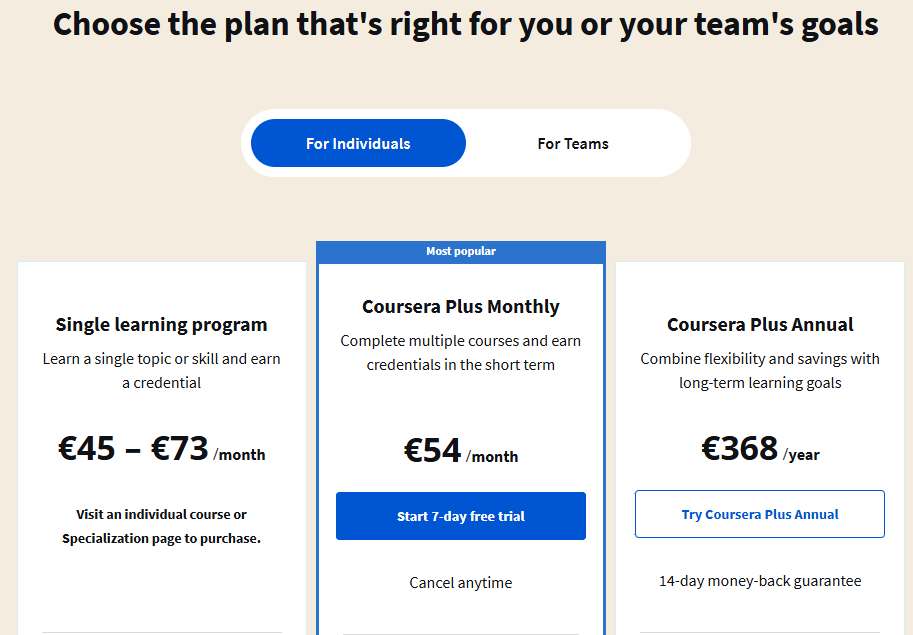
– Specializations: A specialization is a series of related courses designed to deepen expertise in a specific area. Enrollment in a specialization typically requires a monthly subscription fee, which can range from $39 to $79 per month. Learners can complete the courses at their own pace, and the subscription continues until they finish the specialization.
– Professional Certificates: These are designed to help learners gain job-ready skills in specific fields. Pricing varies but generally follows a subscription model similar to specializations.
– Master Track Certificates: These are more advanced programs that offer a portion of a master’s degree. They are priced higher, often ranging from $2,000 to $5,000, depending on the program.
Financial Aid and Scholarships
1. Financial Aid:
– Coursera offers financial aid for learners who cannot afford to pay for courses. To apply, learners need to fill out a financial aid application, which typically includes information about their financial situation and reasons for requesting aid. If approved, learners can access the course for free or at a reduced cost.
– The application process usually takes about 15 days, and learners will be notified via email regarding the status of their application.
2. Scholarships:
– While Coursera itself does not offer a wide range of scholarships, some partner institutions and organizations may provide scholarships for specific programs or courses. It’s advisable for learners to check the course details or the institution’s website for any available scholarship opportunities.
3. Free Trials:
– Some specializations and professional certificates may offer a free trial period, allowing learners to explore the content before committing to a subscription.
Conclusion
Coursera provides a flexible pricing model that accommodates various learners, from those seeking free educational resources to those willing to invest in professional development. Financial aid options make it accessible for individuals facing financial constraints. If you have specific courses in mind or need further assistance regarding financial aid applications, feel free to ask!
Pros and Cons of Coursera Courses
Advantages
1. Reputable Institutions: Courses are offered by well-known universities and organizations, enhancing credibility.
2. Diverse Offerings: A wide range of subjects and specializations are available, catering to various interests and career goals.
3. Flexible Learning: Courses can be taken at your own pace, allowing for a balance between study and other commitments.
4. Access to Resources: Many courses provide access to high-quality materials, including videos, readings, and quizzes.
5. Networking Opportunities: Interaction with peers and instructors can lead to valuable connections in your field.
6. Certificates of Completion: Many courses offer certificates that can enhance your resume and LinkedIn profile.
Potential Drawbacks
1. Cost: While many courses are free, obtaining a certificate or accessing certain features may require payment.
2. Time Commitment: Some courses require a significant time investment, which may not be feasible for everyone.
3. Variable Quality: The quality of courses can vary, as they are created by different institutions and instructors.
4. Limited Interaction: Online courses may lack the personal interaction found in traditional classroom settings.
5. Self-Motivation Required: Success in online learning often depends on the learner’s motivation and discipline.
6. Technical Issues: Accessing courses may require a reliable internet connection and familiarity with technology.
These images can help visually represent the advantages and drawbacks of Coursera courses, making the information more engaging and easier to understand.
Comparison with Other Online Learning Platforms
In this Coursera Review 2024, we briefly compare Coursera platforms with other platform like Udemy, edX, and LinkedIn Learning.
– Unique features of Coursera that set it apart
1. Coursera
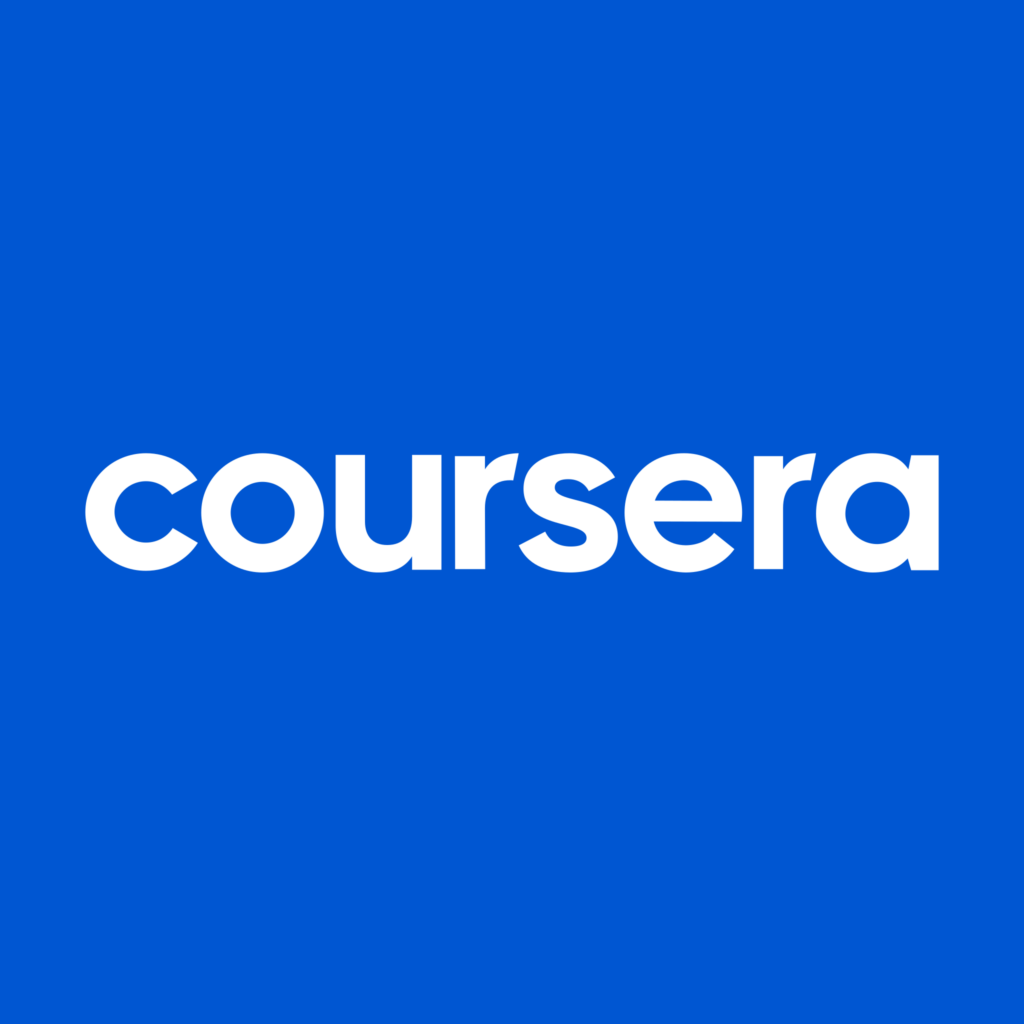
– Unique Features:
– University Partnerships: Coursera collaborates with top universities and institutions (e.g., Stanford, Yale) to offer courses, specializations, and degrees, ensuring high-quality content and credibility.
– Professional Certificates and Degrees: Offers recognized professional certificates and full degree programs, allowing learners to earn qualifications that can significantly enhance their career prospects.
– Structured Learning Paths: Many courses are part of larger specializations or degree programs, providing a more comprehensive learning experience with a clear progression.
– Capstone Projects: Many specializations include a capstone project that allows learners to apply their knowledge in a practical setting, often with real-world applications.

– Unique Features:
– Wide Variety of Courses: Udemy offers a vast library of courses on diverse topics, often created by independent instructors, which can lead to a wide range of teaching styles and content quality.
– Pay-Per-Course Model: Users can purchase individual courses without a subscription, making it flexible for learners who want to pay only for specific content.
– Frequent Discounts: Udemy often runs promotions and discounts, making courses more affordable.

– Unique Features:
– MicroMasters Programs: edX offers MicroMasters programs that provide a series of graduate-level courses, allowing learners to earn credentials that can be credited toward a full master’s degree.
– Audit Option: Many courses can be audited for free, giving learners access to course materials without the need for payment, although certificates require a fee.
– Focus on Academic Rigor: Like Coursera, edX partners with prestigious universities, emphasizing academic

– Unique Features:
– Integration with LinkedIn: Courses are integrated with LinkedIn profiles, allowing users to showcase completed courses and skills directly to potential employers.
– Focus on Professional Development: LinkedIn Learning emphasizes skills relevant to the job market, with a strong focus on business, technology, and creative skills.
– Shorter Course Format: Courses are typically shorter and more focused, catering to professionals looking for quick, actionable learning.
Summary
While all these platforms offer valuable online learning opportunities, Coursera stands out due to its partnerships with prestigious universities, the availability of recognized professional certificates and degrees, structured learning paths, and practical capstone projects. These features make Coursera particularly appealing for learners seeking formal education and credentials that can enhance their career prospects.
FAQs about Coursera Courses
What types of courses are available on Coursera?
Coursera offers a wide variety of courses across multiple disciplines, including technology, business, data science, arts, humanities, health, and more. Courses are provided by top universities and institutions worldwide.
How much do Coursera courses cost?
Many courses on Coursera are free to audit, meaning you can access the course materials without a fee. However, if you want a certificate of completion or access to graded assignments, there may be a fee, which varies by course.
Can I learn at my own pace?
Yes, most Coursera courses are designed to be self-paced, allowing you to start and complete the course according to your schedule. Some courses may have specific start and end dates, but many offer flexibility.
Do I receive a certificate after completing a course?
Yes, upon successful completion of a course, you can earn a certificate that you can share on your resume or LinkedIn profile. Certificates are available for most paid courses.
Are there any prerequisites for taking a course?
Prerequisites vary by course. Some courses may require prior knowledge or skills, while others are designed for beginners. Course descriptions typically outline any necessary prerequisites.
How do I access course materials?
Once you enroll in a course, you can access all course materials through the Coursera platform. This includes video lectures, readings, quizzes, and discussion forums.
Can I interact with instructors and other learners?
Yes, Coursera provides opportunities for interaction through discussion forums, peer reviews, and sometimes live sessions with instructors. This fosters a collaborative learning environment.
What if I need help during a course?
If you encounter any issues or have questions, you can often find help through the course’s discussion forums or by reaching out to Coursera’s support team. Many courses also have dedicated Q&A sections.
Is there a mobile app for Coursera?
Yes, Coursera has a mobile app available for both iOS and Android devices, allowing you to learn on the go. You can download course materials for offline access as well.
Can I get a refund if I’m not satisfied with a course?
Coursera has a refund policy that allows you to request a refund within a certain period after enrollment, typically within 14 days. Be sure to check the specific course details for refund eligibility.
If you have any more questions or need further clarification, feel free to reach out or explore the Coursera help center for additional resources!


